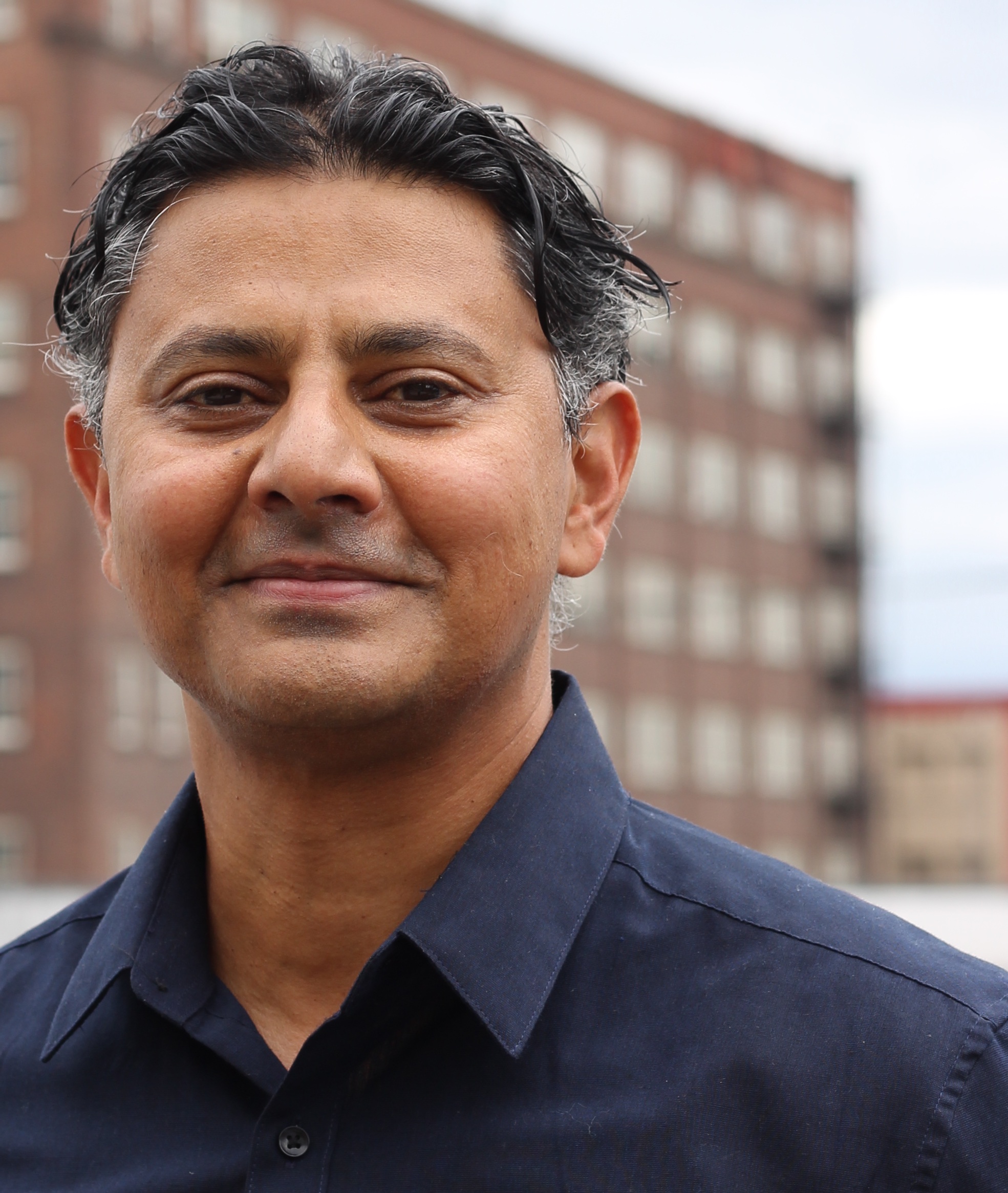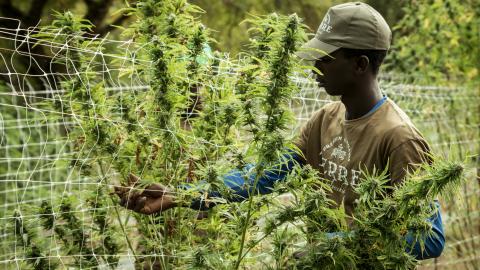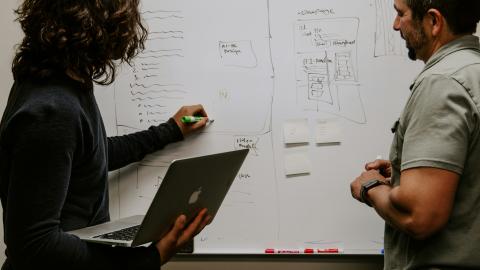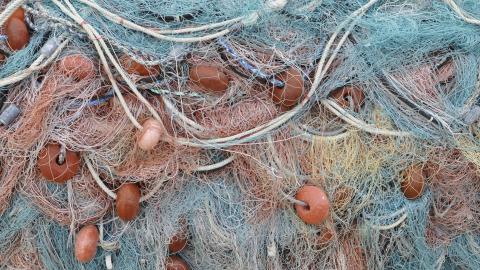
Join us at the Cascadia Symposium on Environmental, Occupational, and Population Health: January 9-10, 2025
For the last 35 years, the Annual Cascadia Symposium on Environmental, Occupational, and Population Health has been an annual gathering for sharing research and inspiring cross-border collaborations.
A brief history of the symposium
In the late 1980s, environmental health sciences faculty from the University of British Columbia (UBC) and the University of Washington (UW) realized they were both investigating a concerning western red cedar allergen affecting forestry workers. Studying the western red cedar allergen was not the only overlapping research interest, it quickly became apparent that further collaboration would benefit the entire region.
The first Cascadia symposium started small as a retreat at the newly opened Semiahmoo Resort in Blaine, Washington, the halfway point between both institutions. Dr. Kay Teschke, one of the conference founders, was instrumental in creating the bridge for cross-border collaboration. Her work as a Lecturer at UBC while finishing her PhD in occupational health at UW, allowed her to encourage her colleagues at UBC and UW to build upon these initial cross-border collaboration efforts and plan an annual meeting. Those early years were driven by trailblazers in the region including UBC faculty David Bates, Chris Van Netten, Susan Kennedy, Clyde Hertzman, Moira Chan-Yeung, Paul Demers and UW faculty Harvey Checkoway, Linda Rosenstock and Scott Barnhart.
David Bates Memorial Lecture
Dr. David Bates, the former UBC Dean of Medicine, stood out as a key founding member of the Semiahmoo meeting. An internationally renowned pulmonary disease specialist and expert in air pollution health effects, he worked to improve air quality throughout the Pacific Northwest and British Columbia.
Dr. Bates received his medical training from Cambridge University and was a Senior Lecturer in Medicine at St. Bartholomew’s Hospital and the University of London. As a young physician, he experienced firsthand the infamous “Big Smoke” air pollution episode in London in 1952. Shortly afterward, he moved to Canada to serve on the faculty of McGill University. At McGill, his work focused on air pollution epidemiology, including a series of landmark studies on the relationship between air pollution and hospital admissions in southern Ontario. Dr. Bates was Dean of the Faculty of Medicine at UBC from 1972 to 1977 and Professor Emeritus in the Department of Medicine (Respiratory) and Department of Health Care & Epidemiology. He was a well-respected mentor who notably hosted UBC students and faculty for discussion on occupational environmental health and air pollution at a restaurant near campus.
The conference planning committee established the David Bates Memorial Lecture in January 2006 with David Bates as the first presenter. Often described as the grandfather of air pollution epidemiology, our community lost a trailblazer when Dr. Bates passed later that same year.
Introducing our Bates Lecture for 2025

We are excited that Vivek Shandas, PhD, Professor of Geography and Director of the Sustaining Urban Places Research Lab at Portland State University, will be this year’s Bates Lecturer. His research focuses on how modifications to public spaces can improve heat-related health outcomes. Through his research, Shandas has observed how an increased interest in extreme heat-related public health outcomes is causing rapid and sometimes ineffective policy changes. A better understanding of what built environment interventions are most impactful on community health, such as increased tree coverage and community-engagement, will influence policy changes that can better equip communities to face extreme heat events.
His work explores the questions: To what extent do modifications in the design of public spaces improve thermal comfort? Do changing seasonal patterns impede livelihoods and health outcomes in the urban setting? How do residents respond to equity-centered approaches to distribution of mechanical cooling systems?
When asked about what occupational and environmental health sciences means to him, Shandas stated, “It is the scientific study of earning a livelihood that mediates and moderates a community’s health. These qualities include the ability to have safe passage to and from a place of employment, the physical and emotional safety of working conditions, and a fair and equitable approach to receiving total compensation.”
Dr. Shandas’ teaching, research, and consulting activities address socially-just solutions to environmental health challenges through examining the intersection of exposure to climate-induced events (e.g., wildfire smoke, extreme heat, pluvial flooding, etc.) with community science and landscape ecology. He has published over 100 scientific journal articles, five books, and his work has been highlighted by The New York Times, Scientific American, The Guardian, National Geographic, and dozens of other national and international media outlets. In 2023, he was appointed by the U.S. Secretary of Agriculture to serve on the National Urban and Community Forestry Advisory Council and has also served as a co-author on the National Climate Assessment, and publications from the National Academies of Science, Engineering, and Medicine. He also serves as the founder and current advisor to CAPA Strategies, a climate adaptation consulting firm. During his spare time, he adventures into the mountains and waters of the Pacific Northwest and enjoys wood-fired pizza and picnic tables.
Next Steps
We are looking forward to another year of reconnecting with old friends and reinvigorating the new generation of researchers!
Learn more on the conference webpage. Deadline for registration and lodging reservations is Monday, December 16th. The conference will be held January 9-10, 2025 at the Semiahmoo Resort.




